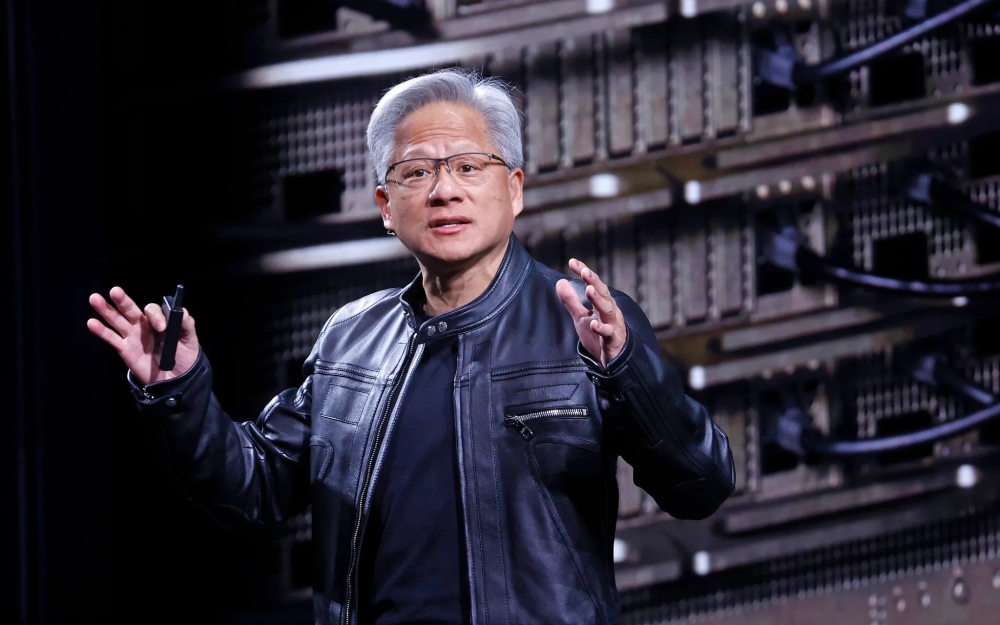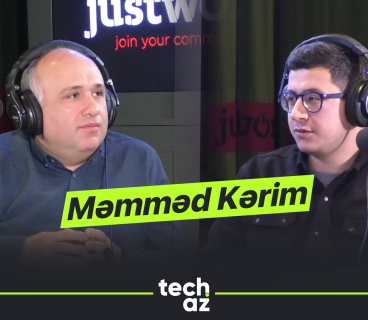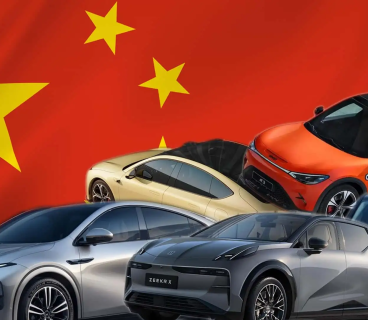Nvidia has announced that it has officially applied to the U.S. government to resume sales of its H20 artificial intelligence chips to China. The company expects to receive the necessary licenses in the coming days and plans to begin shipments immediately afterward.
At the same time, Nvidia has introduced a new chip designed specifically for the Chinese market — the “RTX Pro.” According to the company, this chip fully complies with current export regulations and is intended for use in areas like smart factories and logistics.
The H20 chip is the most powerful AI chip Nvidia is legally allowed to sell to China. It is designed not for training new AI models, but for running existing ones in everyday tasks. The chip stands out due to its high memory bandwidth and compatibility with Nvidia’s well-established software ecosystem.
In early 2025, major Chinese tech companies — including ByteDance, Alibaba, and Tencent — began stockpiling these chips in anticipation of possible export restrictions.
In April, the U.S. government imposed restrictions on the sale of the H20 chip, which was estimated to potentially cost Nvidia between $15 billion and $16 billion in revenue. The restrictions targeted chips with high performance capabilities, particularly those exceeding specific memory and bandwidth thresholds.
However, the restrictions were short-lived. Shortly after Nvidia CEO Jensen Huang attended a high-profile dinner hosted by former President Donald Trump at Mar-a-Lago, the U.S. government reversed its decision. According to NPR, the reversal came after Nvidia pledged to invest $500 billion in building AI servers in the United States over the next four years — a project that will involve companies like TSMC.
This policy shift has drawn criticism from some U.S. lawmakers. They argue that relaxing the restrictions helps China strengthen its AI capabilities. For example, earlier this year, Chinese startup DeepSeek developed a high-performing AI model using Nvidia’s H800 chips — a slightly more powerful predecessor to the H20 — despite a ban on their sale in October 2023. Chinese companies reportedly found ways to circumvent those restrictions.
A Nvidia spokesperson said that Jensen Huang has been meeting with officials in Washington and Beijing this month, emphasizing the global benefits of artificial intelligence for business and society.
The entire episode highlights the delicate balance the U.S. government is trying to strike between national security concerns and economic interests. Given the events of 2025 so far, more policy reversals of this kind may lie ahead.








